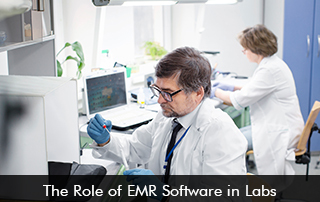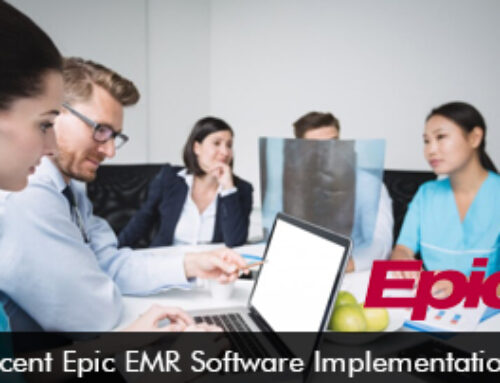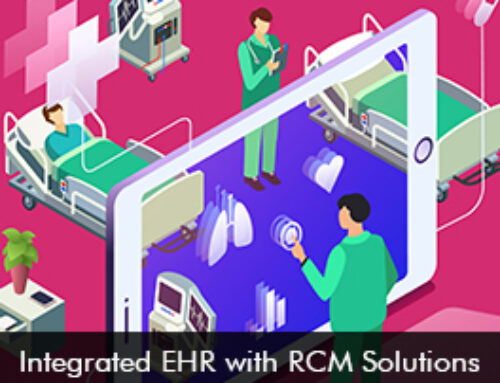Clinical laboratories are an essential part of healthcare. Providers depend on them for results such as blood work, genetic testing, etc., to offer high-quality patient care. The use of Electronic Medical Records (EMR) Software in labs helps to streamline workflows, for productive lab operations. The EHR Software enables pathologists to work closely with providers to offer accurate results and testing.
A Modern Pathology Practice with EHR Software
Access to accurate patient data is vital for pathologists when analyzing specimens and making diagnostic judgments. Electronic Health Records Software empowers pathologists to have up-to-date patient data regarding medical history, lab results, and imaging studies all in one place.
The robust communication features in EMR Software provide a seamless communication bridge between pathologists and medical specialists. Pathologists can quickly and easily share lab findings with relevant physicians, to overcome any treatment delays. The collaboration between pathologists and providers can facilitate efficiency in work, ensuring results reach the concerned party without delay.
Pathologists can easily access and manage laboratory test orders, results, and reports by directly integrating many EHR Software platforms with Lab Information System (LIS). The procedure for obtaining, examining, and reporting laboratory data is streamlined by the seamless integration.
With the use of Electronic Medical Records (EMR) Software, pathologists can create and distribute pathology reports more quickly and accurately by doing away with the need for human transcription. To provide concise and thorough diagnostic reports, pathologists can generate standardized report templates, annotate them, and incorporate pertinent photos.
Important Points to Consider When Selecting an EMR Software for Labs
User-Friendly Software System
To simplify and automate tedious medical lab workflows without adding to the pathologist’s workload, the electronic health records software system should be simple to navigate. Ensure that the EHR system has an intuitive interface and is easily customizable with features of a dashboard, alerts, and simplified workflows to reduce data entry tasks.
Customization of Templates
A good Lab EMR Software System will meet the dynamic needs of a lab by offering customization options. The Electronic Health Records Software vendor should preferably give the option to personalize the system by adding updated pathology reports. The system should be powerful and flexible to meet the demands of pathologists, providers, and patients during a public health crisis.
Advanced Interoperability Options
The best Electronic Medical Records (EMR) Software system will offer robust interoperability between labs and practices to make way for functional and efficient workflows. Via the EHR Software interoperability pathology facilities or labs will feel authorized by quickly checking all insurance information, having access to holistic patient data, and promptly and securely sharing results with patients and providers.
The right EMR Software will not only simplify and automate lab workflows but will allow for enhancing patient care and services, ultimately contributing to improved health outcomes.






